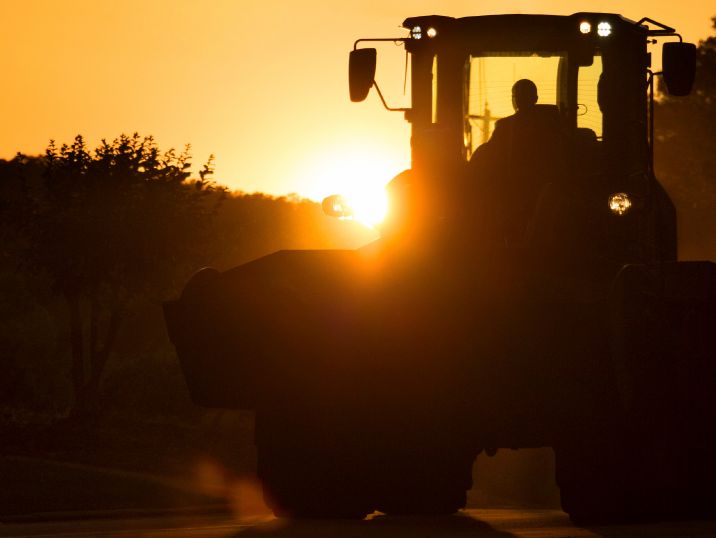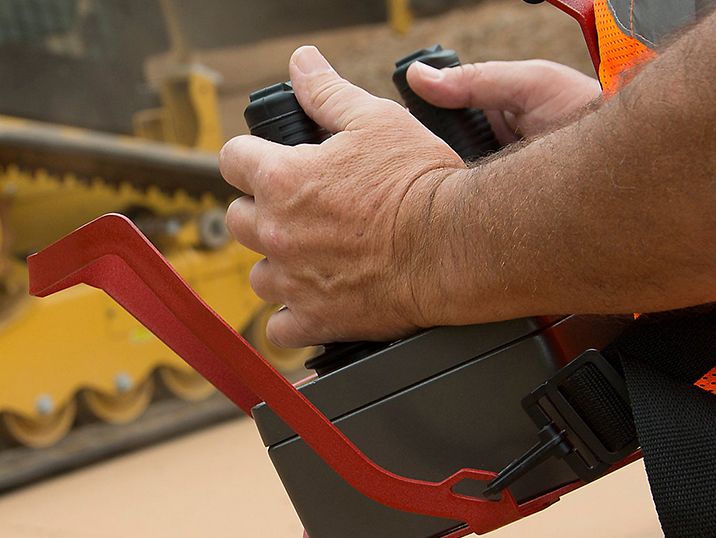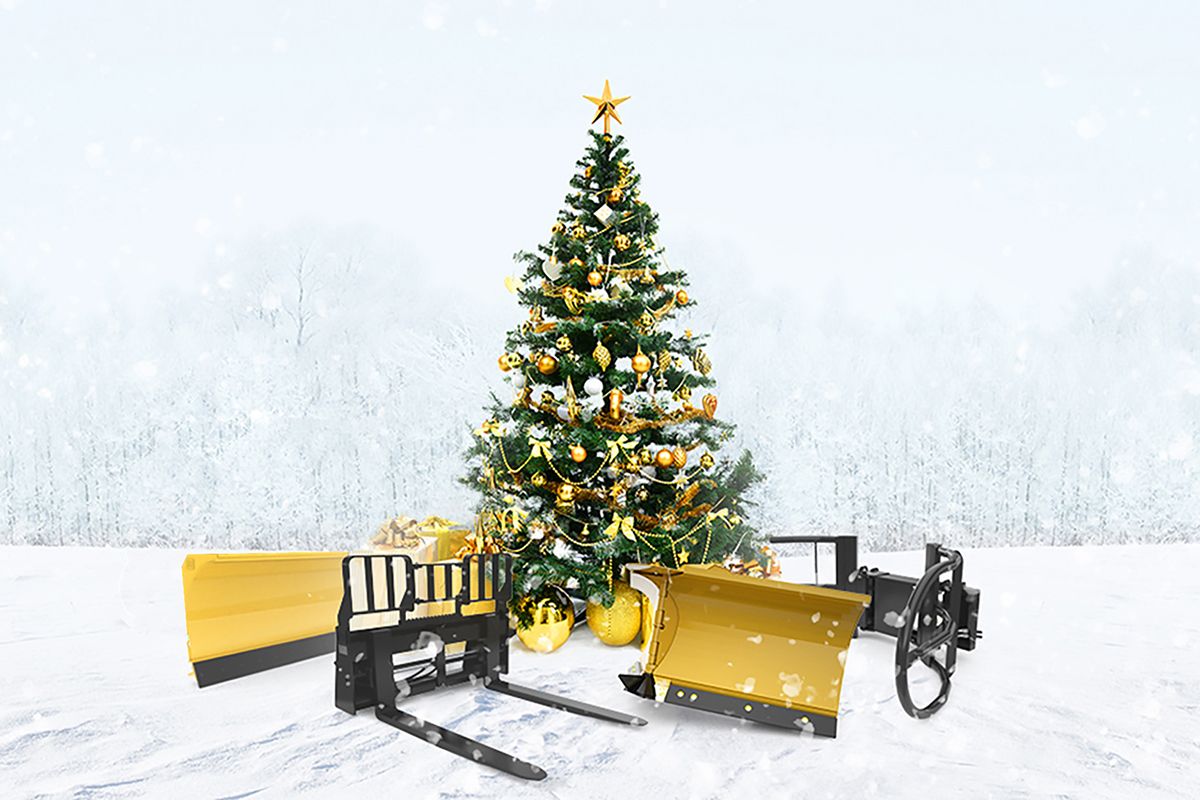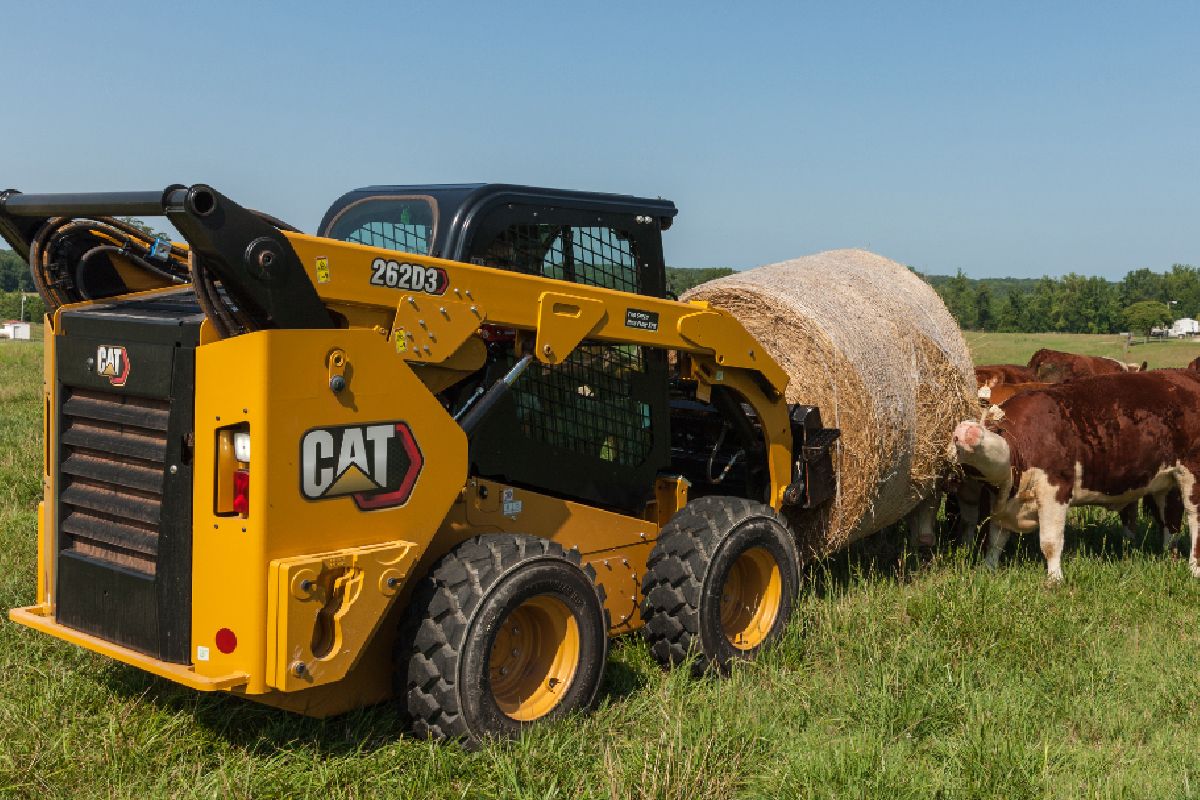

Sign In
Welcome! Sign In to personalize your Cat.com experience
If you already have an existing account with another Cat App, you can use the same account to sign in here
Register Now
One Account. All of Cat.
Your Caterpillar account is the single account you use to log in to select services and applications we offer. Shop for parts and machines online, manage your fleet, go mobile, and more.
Account Information
Site Settings
Security
Your Guide to Hobby Farming
From the best livestock to invest in to agriculture equipment, this is your guide to hobby farming.
CAITLIN MADDOCK-BAHR | Social Media & Digital Strategy Manager
From raising livestock to protecting the land, farming takes lots of time and dedication. It doesn’t have to be a career, though. Check out this guide to hobby farming to help you get started.
What Is Hobby Farming?
It’s actually exactly as the name implies. A hobby farm is a farm that acts as a hobby, not a business. They’re not meant to make lots of money and are usually less than 50 acres in size. Hobby farms make up 43% of total farms in the United States, and farms less than 10 acres large are some of the only ones increasing in the country.
The COVID-19 pandemic has opened a window of opportunity for hobby farming growth. In 2020, vegetable seeds hit record sales, and universities began offering free gardening courses. It’s clear to see that now more than ever, people are interested in growing their own food.
Who is Hobby Farming?
Hobby farming is popular with retired career farmers as well as those just getting started in agriculture. For people with careers in other industries, hobby farming is an escape from their day-to-day work and a way to explore a passion for plants and animals.
Best Practices for Hobby Farming
Before you start farming, it’s important to know the size of your hobby farm. If you have a smaller farm, you’ll need to stick to smaller tools and livestock. Of course, you can always get creative to make the most of your land. Things like vertical farming can help you grow more crops and take up less space.
Hobby farms can be home to any of the usual animals that come to mind when you think of farming. Some of the most common livestock are goats, sheep, pigs, and even cattle. Since they’ll have less space to roam around, miniature breeds of these animals will work best.
As you begin hobby farming, you’ll want to make sure that you have agriculture equipment like a tractor, wagon, and truck at the ready. Skid steer loaders and compact track loaders are also good starters that help with many different jobs. As you grow your farm, adding equipment like a backhoe loader will make tasks like digging faster and easier.
At the end of the day, hobby farming isn’t a full-time job, so it’s worth looking into all your options when it comes to using equipment, including rentals and used machines. Reach out to your local Cat® dealer for help guiding you through machine purchases and rentals as you start your farm.


CAITLIN MADDOCK-BAHR
Social Media & Digital Strategy Manager
Caitlin Maddock-Bahr exercises her storytelling expertise as a social media & digital strategy manager. In this role, she not only helps Caterpillar connect with their audience, but helps customers connect with the brand.
RELATED ARTICLES
You’re here to get ideas to grow your business. Read on for machine insights and expert tips and tricks to get more out of every job.
-
Buying Used Machines
Find our five tips on buying used machines, so you can get the same quality, reliability and performance as new equipment.
Learn More -
Remote Task Agriculture
RemoteTask™ allows operators to precisely control machinery from outside the cab with no lag time while increasing safety standards.
Learn More -
2022 Agriculture Holiday Gift Guide
Whether you’re shopping for you, your farm, or your family, our 2022 agriculture holiday gift guide has you covered.
Learn More -
Maximize Your Farm with Agriculture Equipment Attachments
Stay productive on your farm with agriculture equipment attachments.
Learn More







